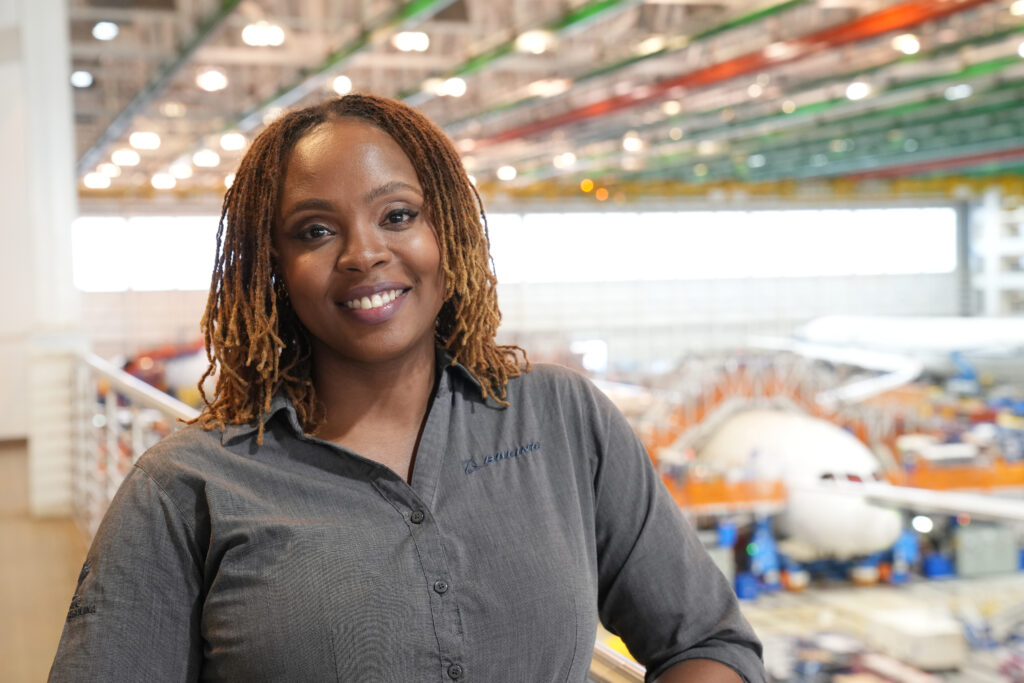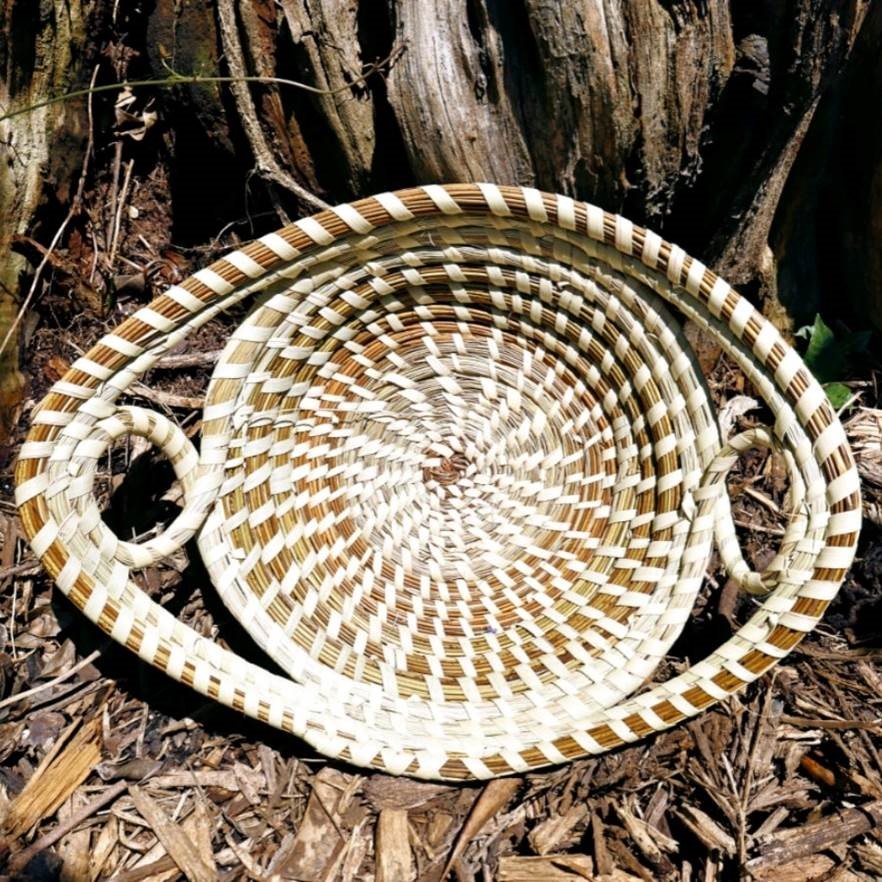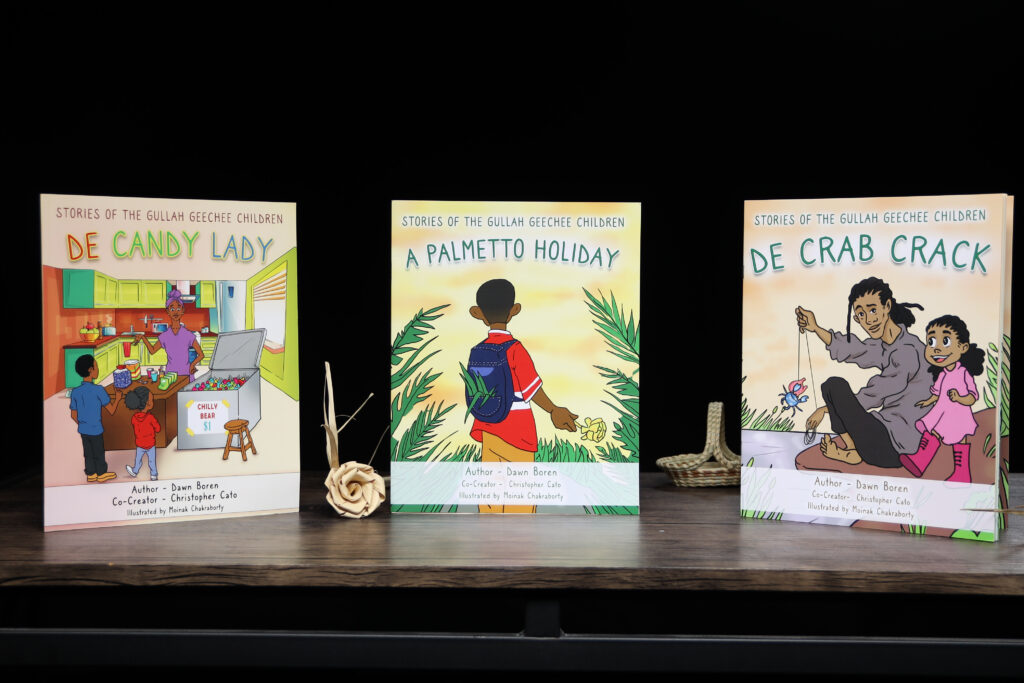Meet a BSC teammate who uses her passion for writing to educate about the Lowcountry culture.
When Boeing South Carolina teammate Dawn Boren was growing up, an old Gullah Geechee proverb was often expressed in her household. It translates to “one must take care of the root to heal the tree.”
Boren is from Givhans, South Carolina, where she grew up in a Gullah Geechee family. Boren carries lessons like this and others from her childhood into her daily work at Boeing as a senior partner management specialist in Information Technology & Data Analytics (IT&DA) Strategy and Operations.
“I remember having one particular challenge that I was facing at work, and I recalled that saying,” Boren said. “I had to stop and identify the root of the problem, and use my Seek, Speak and Listen skills to engage my teammates.”
According to the Gullah Geechee Cultural Heritage Corridor Commission, the Gullah Geechee people are descendants of enslaved Africans along the southeastern coast. Their unique, English, African and Creole mixed language was – and still is – spoken in coastal communities from North Carolina to Florida. Organizations in those areas are working to preserve the rich history, art, music and food of the culture that shaped the growth of many coastal regions, including Charleston and the surrounding Lowcountry.
Outside of her work at Boeing, Boren says she is also doing her part to capture and share the rich history of her culture with the public, specifically children. Boren has published a book series that showcases children experiencing some of the highlights of the Gullah Geechee culture, like sweetgrass basket weaving and Lowcountry cuisine.
“I’ve always wanted to write. Even when I was a child, I did a lot of poetry,” Boren said. “I thought about my kids, and I started writing about the culture and how important it was to me.”
One of her characters is the “Candy Lady,” who Boren explains was like a mother to all the children in the community. She sold sweets like “Chilly Bear” out of her home, which are popular frozen treats that are especially delectable during the hot, humid summers in the Lowcountry. Another book showcases young Gullah Geechee boys who sell “Palmetto Roses” made out of palm fronds, and another features the traditional “crab crack.”
Boren’s ancestors were quilt makers and sweetgrass basket weavers, both traditional Gullah Geechee art forms. Though Boren never mastered those creative skills, she credits both the past generations as well as future generations of Gullah Geechee descendants for the inspiration and motivation to author her books.
“I wanted my kids to understand where they came from and how they got here. It’s really easy to lose yourself if you do not know your roots,” Boren said. “You can’t know who you are if you don’t know where you’re from.”
“I wanted my kids to understand where they came from and how they got here. It’s really easy to lose yourself if you do not know your roots,” Boren said. “You can’t know who you are if you don’t know where you’re from.”


